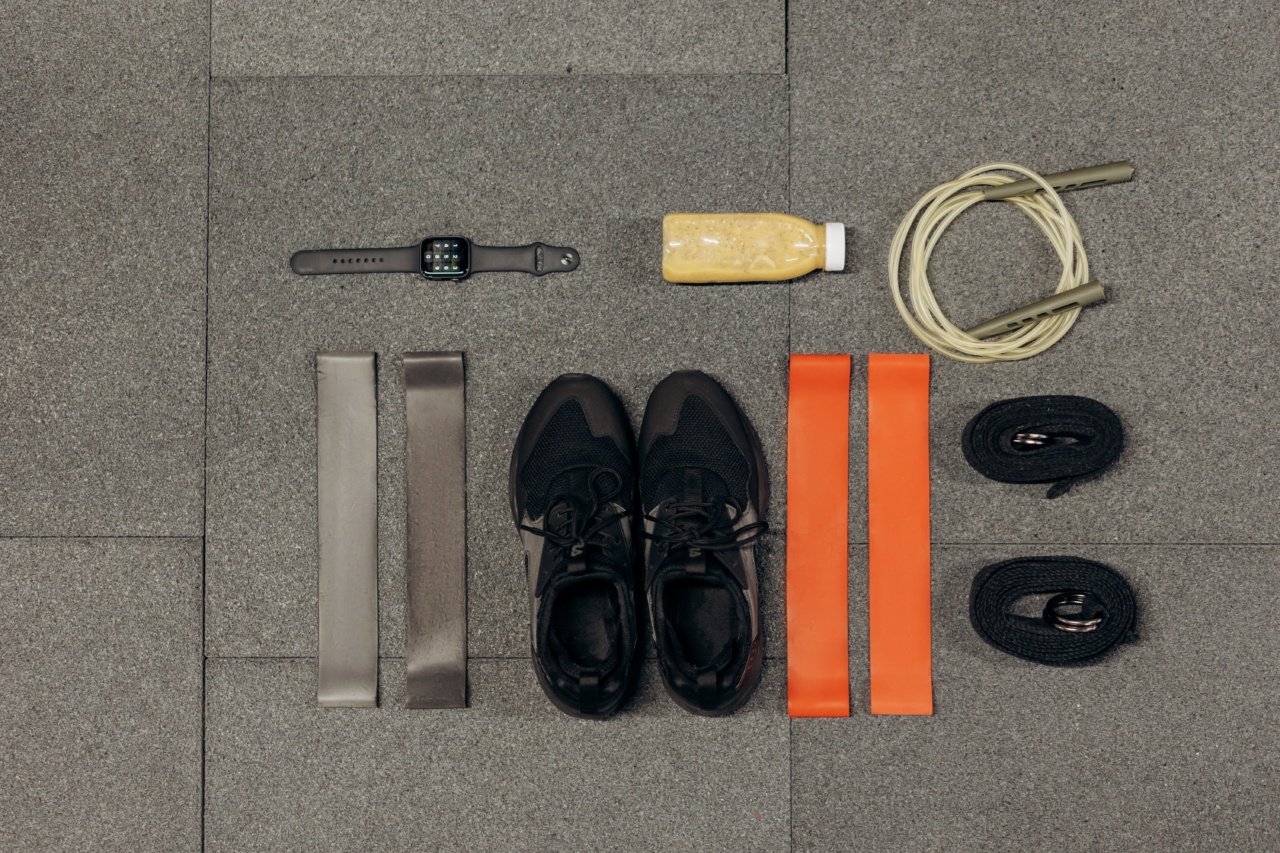If you’re looking for an effective way to lose weight, then your diet is one of the most important factors to consider. Although exercise is important, it’s your diet that has the greatest impact on your weight loss journey.
The right meal plan can help you create a calorie deficit, which is essential for weight loss, while still ensuring you receive all the necessary nutrients to keep you healthy. In this article, we’ll discuss the perfect meal plan for maximum weight loss.
Calculate Your Calorie Requirements
Before you start any weight loss plan, it’s important to understand your body’s calorie requirements. This can help you calculate how many calories you should consume daily to create a calorie deficit.
There are a variety of online calculators that can help you determine your daily calorie requirements based on your age, height, weight, and activity level.
Focus on Lean Protein
Protein is an essential nutrient for any weight loss plan. It helps keep you feeling fuller for longer, preventing overeating and snacking between meals. Additionally, protein helps repair and build muscle, which can help you burn fat more efficiently.
Focus on incorporating lean protein sources into your meals, such as chicken breast, fish, beans, and low-fat dairy products.
Include Complex Carbohydrates
Carbohydrates are often viewed as an enemy when it comes to weight loss, but they’re actually an important part of a healthy diet. The key is to focus on complex carbohydrates, which are slower to digest and keep you feeling full for longer.
Some great sources of complex carbohydrates include whole grains, sweet potatoes, and brown rice.
Load Up on Vegetables
Vegetables are a great addition to any weight loss meal plan. They’re low in calories and high in fiber, which can help you feel satiated without consuming too many calories.
Vegetables are also packed with nutrients and antioxidants that help boost your immune system. Focus on incorporating a variety of colorful vegetables, such as broccoli, spinach, carrots, and peppers, into your meals.
Avoid Processed Foods
Processed foods are often high in calories, sugar, and unhealthy fats. They’re also usually low in nutrients, which can leave you feeling hungry soon after consuming them.
To ensure maximum weight loss, it’s important to avoid processed foods as much as possible. Stick to whole foods, such as fruits, vegetables, lean proteins, and complex carbohydrates.
Watch Your Portion Sizes
Even healthy foods can contribute to weight gain if consumed in excess. To ensure maximum weight loss, it’s important to watch your portion sizes. Use measuring cups, scales, or your hand to measure out your food portions.
This can help you control your calorie intake and prevent overeating.
Drink Plenty of Water
Drinking water is essential for weight loss. It helps keep you hydrated, prevents overeating, and helps flush toxins out of your body. Aim to drink at least eight glasses of water per day to stay hydrated and support your weight loss efforts.
Meal Plan Sample
Putting all of these principles into practice can be tricky, so here’s a sample meal plan that incorporates all of the above tips:.
- Breakfast: Scrambled eggs with spinach and whole wheat toast
- Snack: Apple slices with almond butter
- Lunch: Grilled chicken salad with mixed greens, cherry tomatoes, and avocado
- Snack: Greek yogurt with berries
- Dinner: Baked salmon with roasted sweet potatoes and broccoli
Conclusion
Losing weight isn’t easy, but the right meal plan can make a big difference. Focus on lean proteins, complex carbohydrates, and plenty of vegetables, while avoiding processed foods and watching your portion sizes.
Don’t forget to drink plenty of water, and remember to calculate your daily calorie requirements to create a calorie deficit. With dedication and consistency, you can achieve your weight loss goals.




























